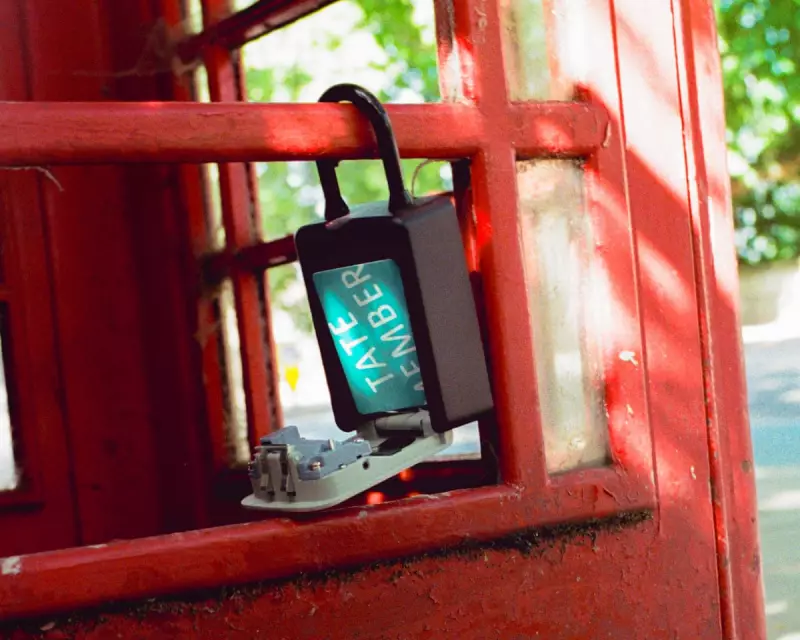
In the shadow of London's glittering art world, a clandestine operation is quietly revolutionising access to culture for artists struggling to make ends meet. A guerrilla collective has established an ingenious system allowing multiple artists to share single gallery membership cards, bypassing financial barriers that typically lock them out of the capital's most prestigious exhibitions.
The Underground Art Network Defying Exclusion
This covert scheme operates through a sophisticated network of trusted contacts and discreet communication channels. Artists who can afford individual memberships – often costing hundreds of pounds annually – voluntarily share their access privileges with peers who would otherwise be excluded from viewing essential contemporary work.
The system represents a quiet rebellion against the increasingly commercialised and exclusive nature of London's art institutions, where rising membership fees and ticket prices have created what participants describe as 'cultural apartheid' for emerging creators.
How the Secret Sharing System Works
The operation maintains its secrecy through careful protocols:
- Membership cards circulate among pre-vetted artists within trusted networks
- Strict schedules ensure multiple users can access different exhibitions
- Digital coordination avoids detection by gallery staff
- All participants maintain complete discretion about the arrangement
Creative Solidarity in an Expensive City
For many participating artists, the scheme represents a lifeline. 'I haven't been able to afford gallery memberships since graduating,' explains one young painter who requested anonymity. 'Seeing contemporary work isn't a luxury – it's essential for developing my practice. This network has literally kept my career alive.'
Another participant, a sculptor facing rising studio costs, describes the initiative as 'creative civil disobedience' against institutions that have forgotten their educational mission. 'Galleries should be spaces of inspiration, not exclusion based on wealth,' they argue.
The Ethical Dilemma of Cultural Access
While gallery terms and conditions explicitly prohibit membership sharing, participants defend their actions as ethically justified. They argue that when cultural institutions price out the very creators who sustain the arts ecosystem, alternative access methods become morally defensible.
The scheme highlights growing tensions between commercial imperatives and cultural accessibility in major cities, raising difficult questions about who gets to participate in artistic discourse and who gets left behind.
As one organiser quietly notes: 'We're not stealing – we're ensuring that art remains a living conversation rather than a luxury commodity. Sometimes the most artistic act is finding ways to keep creativity alive.'





